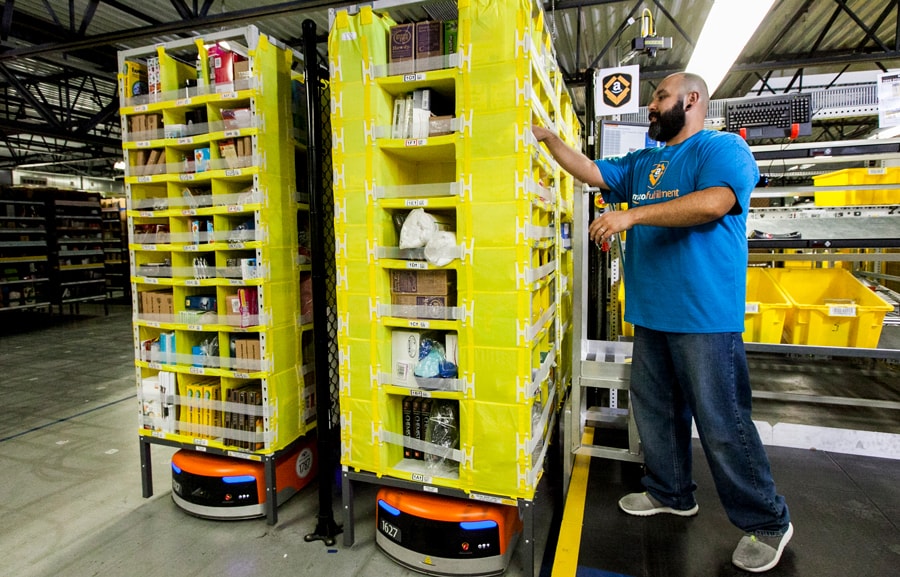Low-income college students take less advantage of their education since they need to work in jobs unrelated from their majors, in addition to fulfilling the academic burden.
Image: Bigstock
While for high-income college students it is helpful and desirable to study and work, for low-income students it is a further obstacle in their professional path, suggests research conducted by Georgetown University.
According to Balancing Work and Learning: Implications for Low-Income Students report, low-income students need to work more hours in jobs that are distant from their areas of study, such as coffee shops or fast food restaurants, in addition to meeting the academic load. Unlike students from high-income families who enjoy financial support and can get meaningful work experiences.
Report key points
- There are 14 million university students that combine study and work, of which 6 million are of limited resources.
- 60 percent of low-income students who work more than 15 hours per week obtain lower grades (C or lower) compared to their high-income counterparts (B or higher).
- 14 percent of students with higher income have well-paid internships in professional fields of STEM, business or medical care, compared to 6 percent of low-income students. Low-income students are more likely to work in activities that are far from their fields of study, such as food service, sales, and administrative support.
- Low-income students are less likely to complete their college degrees.
- In the US, 69 percent of low-income students enrolled in college in 2015, compared to 83 percent of higher-income students.
- Low-income students are less likely to have financial security, such as checking or savings accounts, and are more likely to use credit cards to pay for their studies. Higher income students often have access to more financial tools and are more likely to depend on student loans to pay for their career.
How to rectify the path?
Universities need to better advise students on what types of work experiences are most likely to produce positive outcomes. They should guide undergraduates to better synchronize what they are studying with their jobs and with their long-term professional goals.
It is true that educational experts and recruiters demand a more significant connection between work and higher education; most entry-level jobs require a rich combination of skills and high-quality work experience. In this scenario, how to support low-income students if they live tied to their debts and employments?
Undoubtedly, for low-income students it is more complicated to have access to a university career and to take advantage of it. Educational institutions, governments, and employers need to collaborate to create more equitable educational experiences.
This article from Observatory of the Institute for the Future of Education may be shared under the terms of the license CC BY-NC-SA 4.0 
)
)











)
Nohemí Vilchis
Nohemí Vilchis
Nohemí Vilchis